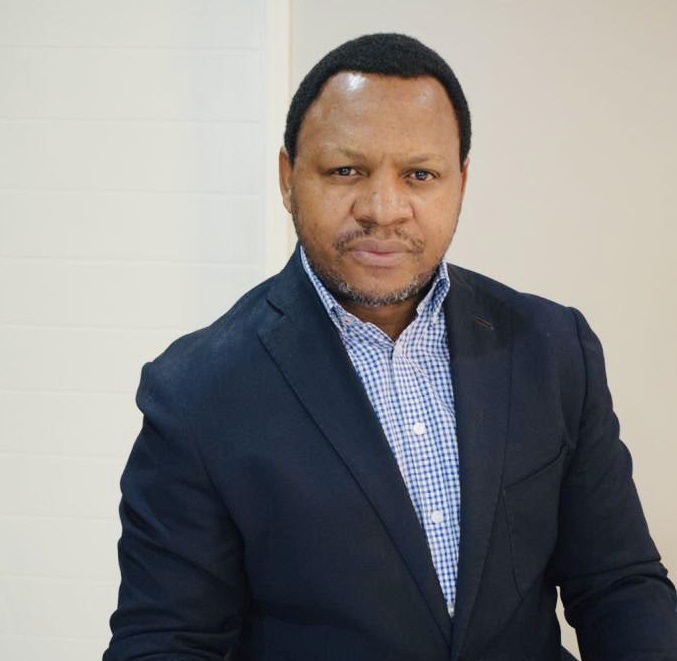A career in communications can be fun but equally demanding. We spoke to Webster Malido (a corporate communications executive with over 12 years in the industry) about his work and professional journey as a communications professional. First, check out his bio:
Webster is an experienced corporate communications executive with deep experience in financial services sector and extensive knowledge of African markets. He most recently served as Head of Communication for Absa Regional Operations (Absa Group’s African businesses outside South Africa) and is currently transitioning into a new challenge.
Before pivoting into a corporate career, Webster worked as a journalist and served as editor at The Post Newspaper in his home country of Zambia, at the time the leading national daily.
One highlight from your professional journey so far?
Leading the communications workstream for the rebranding of Absa Group’s previously Barclays branded banks in 10 African markets is the most recent but also a highlight of my 12-year journey in Absa Group (previously Barclays Africa).
Collaborating between group-center and in-country teams – in my capacity at the time as Head of Communication for Absa Regional Operations (businesses outside South Africa) – in planning, designing and executing key communication elements across all the major milestones of the entire rebranding programme remains an experience I will always cherish, particularly in view of the sheer size of the exercise and the number of stakeholders we had to engage in a limited period of time to seamlessly land the new Absa brand in the 10 markets.
Three comms tools you can’t do without?
I have a much longer list but the top three would be; a reliable set of message channels, an up to date stakeholder framework, a crisis communication matrix backed by key messaging board.
Our work as communications professionals is in essence about reaching out to audiences be they internal or external and so it’s non negotiable that we have in place reliable and real-time channels through which our organisations’ communication efforts have the best chance to get to majority, if not all, of target audiences.
Having in place a dash board of your key stakeholders and how they’re positioned to your organisation allows for a focused and deliberate approach in managing your organisation’s long-term relationship with them.
Because unforeseen events do crop up in every organisation, a crisis communication matrix is always a good place to start from in managing any communication of a crisis nature. It’s a bonus if the crisis framework is supported by a general messaging board based on your general corporate narrative, a useful ‘skeleton’ upon which to build specific messaging for particular crisis situations.
What tips do you have for building key relationships?
I believe that any relationship has better chances of surviving if it is based on a few principles. My personal opinion is that those principles should at least include; mutual trust and respect, transparent and honest interaction and also being available when needed. The first is more about recognising or accepting that either party in the relationship have their professional goals or objectives to achieve.
For example, a journalist who has a tip about ongoings in your organisation is there to report on whatever is brewing while on the other hand as a communications official in your organisation your job is to provide them with as much accurate information as can be made publicly about whatever may be happening. The more you are transparent and open about most of what goes on in your organisation, the more trust you build in your relationship with stakeholders.
The last part may be interconnected to the first two. As much as possible, be available and responsive when your stakeholders are in need of getting in touch with you. The same speed with which you send out your new product or service offering press release to media houses should be the same speed you apply when a journalist has sent you an urgent press query.
What’s one book/podcast every comms professional should read/listen to?
I would recommend a book that I have come across through my membership to the International Association of Business Communicators (IABC). It is titled “The IABC Handbook of Organisational Communication: A Guide to Internal Communication, Public Relations, Marketing and Leadership” and edited by Tamara Gillis.
Other than that being an easy read, I find the book to be a practical and contemporary go-to guide for corporate communications professional as it offers some best practices around key elements of our work, whether it is general business communication, internal communication, public relations or marketing communication. I highly recommend it.





